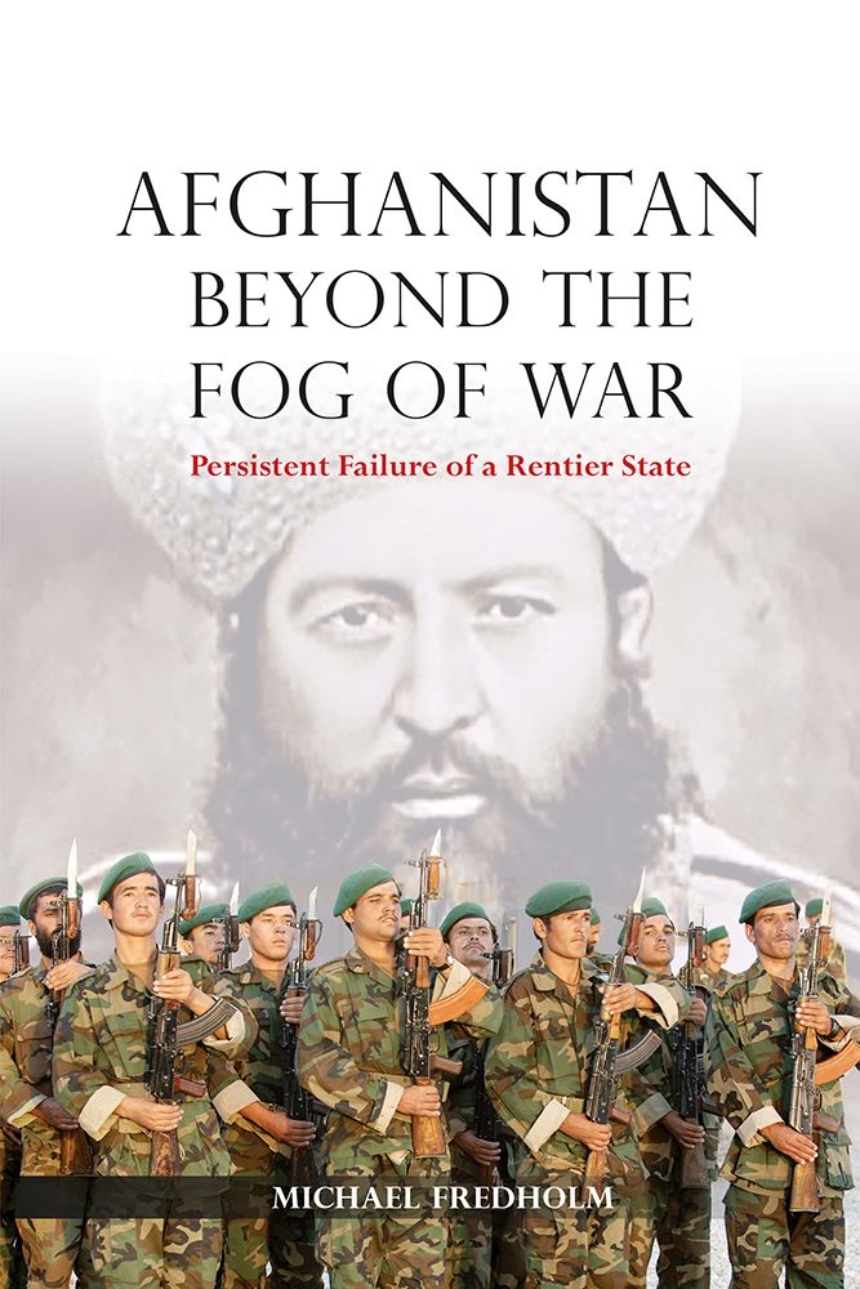9788776942519
9788776942502
This first book to scrutinize the root causes of problems today with Afghan reconstruction begins in 1880 with the accession of Emir Abdur Rahman. Seeking to preserve Afghan independence, he initiated an autocratic nation-building project based on security, modernization and economic reform. Continued by his successors, this project ultimately failed, foreign meddling a major reason. Instead, Afghanistan became a rentier state, centralized rule funded by foreign subsidies – a model of governance and development repeatedly failing over the years. This work explores dynamics seldom covered elsewhere, including conflict between state-imposed pashtunization and multiple local/ethnic identities, likewise contradictions between the clericalism and secularism deployed in the nation-building process. Extention of patronage relations to the international level is also a recurring pattern. Described by one Afghanistan expert as an excellent piece of work, very well documented with close attention to detail, this study offers sober analysis and critical insights. It will interest scholars and students of Afghan affairs plus policymakers, diplomats, soldiers, international organizations and NGOs, businesses, journalists and many others engaged with Afghanistan and issues of political, military and economic power, democratization and civil–military relations in the region.
